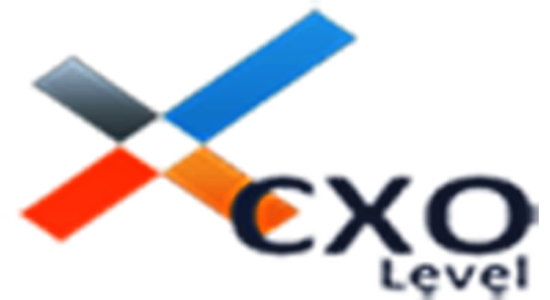Create a More Efficient Business with Better Data
The data enrichment services for your company include data hygiene as a key component. This blog article will discuss how to improve the effectiveness and business value of your internal data hygiene process. Companies of all sizes need to be mindful of the power and responsibility of their data, from assisting crucial business choices to limiting risk connected with gathering sensitive personal information. Because databases are so dynamic, a company's data quality is continuously changing. If you don't routinely remove deteriorated data, your data may be aging faster than you realize. Data degradation in most CRM systems is reportedly between 25% and 30% yearly. In the long run, this could affect your company's sales performance. Marketers know that data is valuable, so they must take every precaution to preserve it. Even though gathering data can be difficult, they must get pertinent and helpful information. They must also guarantee the cleanliness of the data. The databases they use for marketing, sales, and analysis must be regularly checked to ensure that the data dispersed across various internal systems is accurate and current.
Data integrity refers to the certainty you may use and analyze the information you have gathered. This suggests that your data is precise and reliable. And unless your firm uses regular data enrichment services and data enhancement solutions, it shouldn't be changed in any way. Your data's integrity should never be in doubt. It should always be regarded as reliable and trustworthy. If your data's integrity has been compromised, you must take immediate action to fix the problem. You need to employ trustworthy data to carry out these tasks because data is a crucial component of many marketing activities. How the data is collected has a significant impact on data integrity. Standards and procedures should be in place at your organization to guarantee the accuracy and reliability of the data you gather. If not, you should update your internal collection procedure to ensure the accuracy of the data. Long-term, this will improve the integrity of your data and make it more beneficial to your business. You must look at current data standards before determining whether your data is clean. You must make sure that all the software tools your business uses to gather and analyze data contain the same data definitions. For instance, let's imagine you have a tool that tracks the names of potential customers and another that collects names via lead magnet forms. One piece of software divides the name of the possible client into two columns for the first name and last name. The full title is listed in one column in the other. Although the data in both cases is accurate, the absence of uniformity might cause misunderstanding and other issues when your business tries to analyze and apply the data. We advise standardizing data collection across your organization's data tracking and collection tools. Long-term, this will simplify your data and make it simpler for you to use it meaningfully.
After standardizing your data gathering, you must endeavor to purge the pre-existing data. Be careful to get rid of duplicate data or information that has become old and no longer valuable. Companies should, for instance, carry out email validation to ensure the emails in their database are authentic. The trustworthiness of your data will grow, yet data cleansing might be a challenging mountain to scale. The most typical type of data that needs to be cleaned up is duplicate data. This is a crucial step in the data cleansing process because the same data, if present in your system, might skew sizable data sets. By combining, filtering, and merging your data into a single database, you may work on cleaning your data and analyzing it from there. You can always hire CXO Level for data cleansing services if you have too much data to conduct this efficiently. Experts on our team are uniquely positioned to clean up outdated and disorganized data and make it more useful. While you should keep a backup of your data, you should back it up frequently. The strategy for data hygiene must include this. To ensure that your business doesn't suffer any significant data losses, back up your data. Data may be kept locally on servers set aside for this purpose or held in the cloud. The quantity of data you have and the cost of backups will determine how you should keep it. Generally speaking, CXO Level advises backing up your data at least twice every six months. It might be more advantageous for you to back it up more frequently if your business gathers a lot of data. Get in touch with one of our knowledgeable advisors to learn more about the best backup plan for your company. Your focus can shift to improving the data you acquire if you are confident that your internal systems get accurate, reliable data. Data enrichment services assist businesses in taking current data, evaluating its reliability, and improving it to increase its value. These data checks should take place periodically. They may assist you in determining which data sets you currently gather are significant, which are not, and which you should start collecting going forward to gain more knowledge about your potential clients. Everything from email validation to address verification is done in standard improvement procedures. You can conduct these audits on your own or entrust CXO Level professionals to improve your data on your behalf. We can also supplement your existing data with new information, giving your team fresh perspectives on your clients without getting in touch with them directly.
 917300274111
917300274111